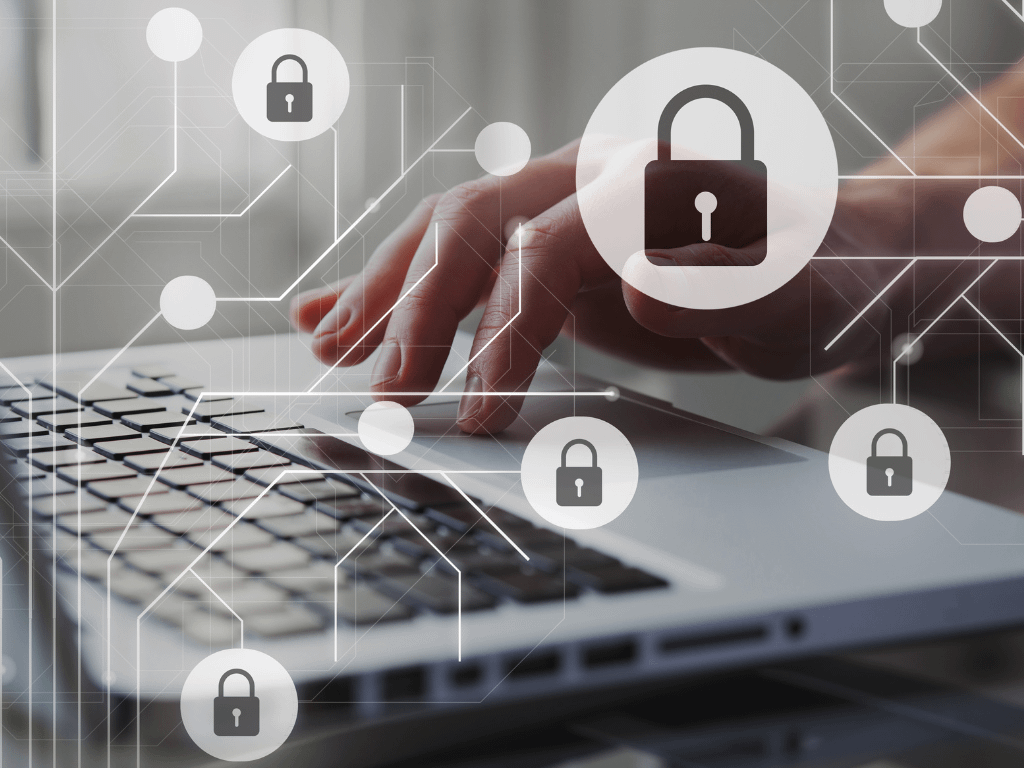Secure Remote Access
Empower Remote Access Security with NewGig
Unlock secure and seamless remote access with NewGig’s advanced solutions. Whether your team is working from home or on the go, our comprehensive security measures ensure that your network remains protected. Experience the freedom of remote work without compromising on security



Must haves!
- ZTNA
- VPN
- WFA
- MFA
- SSO
Zero Trust Network Access
Zero Trust Network Access (ZTNA) is a new way to protect against cyberattacks. It assumes that no user, device, or application can be fully trusted. Instead of the old way of protecting against attacks by keeping them out, ZTNA only gives users access to the things they really need, and checks their identities over and over again to make sure that it’s still them.
ZTNA is important because it helps protect against new ways that attackers are using to break into networks. With more people working from home and using cloud-based apps, the old ways of staying safe don’t work so well any more. By using ZTNA, organizations can make it harder for attackers to get in and steal important information.
Virtual Private Network
A VPN, which stands for virtual private network, is a helpful tool that people can use to stay safe and keep their internet activities private. It works by protecting all internet traffic and directing it through a safe, secure network. Using a VPN can help people bypass restrictions on internet access and view content that is only available in certain regions.
VPN can also keep online activities hidden from unwanted viewers and protect against hackers who want to steal information or cause harm. With online threats on the rise, it is important to use a VPN to protect personal information and stay safe online. It can be a way to take back control of privacy and enjoy a more secure browsing experience.
Work From Anywhere
The concept of working from anywhere has been gaining popularity in recent years, especially with the advancements in technology that allow people to connect and work remotely. This flexibility can bring a host of benefits, such as increased productivity, reduced commuting times, and a better work-life balance.
However, working from anywhere also poses a significant security risk. When employees access company data and resources from different locations and devices, it increases the likelihood of cyber-attacks. Attackers can exploit vulnerabilities in remote software, use unsecured Wi-Fi networks to infiltrate systems, and steal sensitive information.
To prevent attacks, it is crucial for companies to establish strong security policies and provide employees with training on the best practices for remote work. This includes using virtual private networks (VPNs) to secure connections, updating software regularly, using multi-factor authentication, and limiting access to sensitive data.
Multi-factor authentication
Multi-factor authentication (MFA) is a way to protect networks and systems from cyberattacks by requiring users to verify their identity with two or more factors. These can be something you know, like a password, something you have, like a security token or smart card, or something you are, like a fingerprint.
MFA is important because passwords can be easily hacked. With multiple factors, it becomes much harder for unauthorized users to gain access, preventing cybercrime such as data breaches and identity theft. MFA is used in many industries and is becoming more available to consumers. As more personal and confidential information is shared online, reliable security measures like MFA are crucial. By implementing MFA, networks can become more secure and protect sensitive information.
Single Sign-On
Single Sign-On (SSO) is a powerful tool that is revolutionizing the way people access different applications. With SSO, users no longer need to spend time remembering different login details for various applications, but can instead enjoy streamlined access with just one set of credentials. This not only saves time, but also helps to improve security by consolidating your logins into one strong password that you can easily remember.
By facilitating easy access to multiple applications, SSO also helps organizations to more effectively manage user access and safeguard sensitive data. Additionally, SSO helps to prevent user lockouts due to forgotten login details, reducing frustration and boosting efficiency. Overall, SSO offers a simple, convenient, and secure way to access a wide range of applications, making it an indispensable tool for any discerning user.

